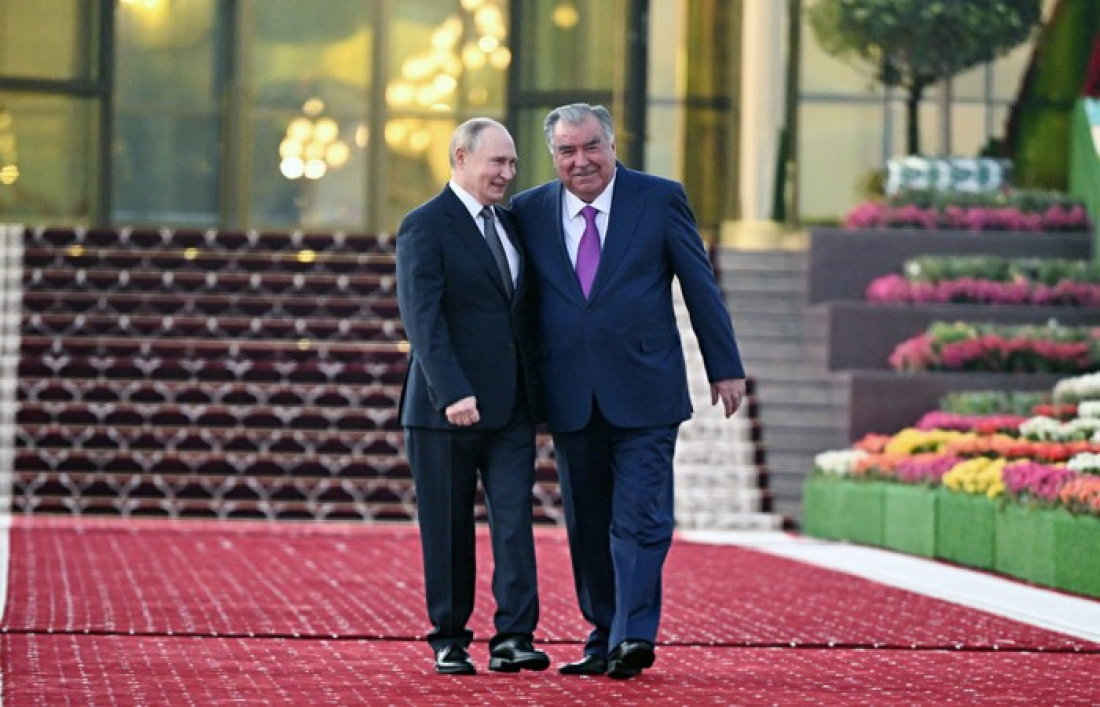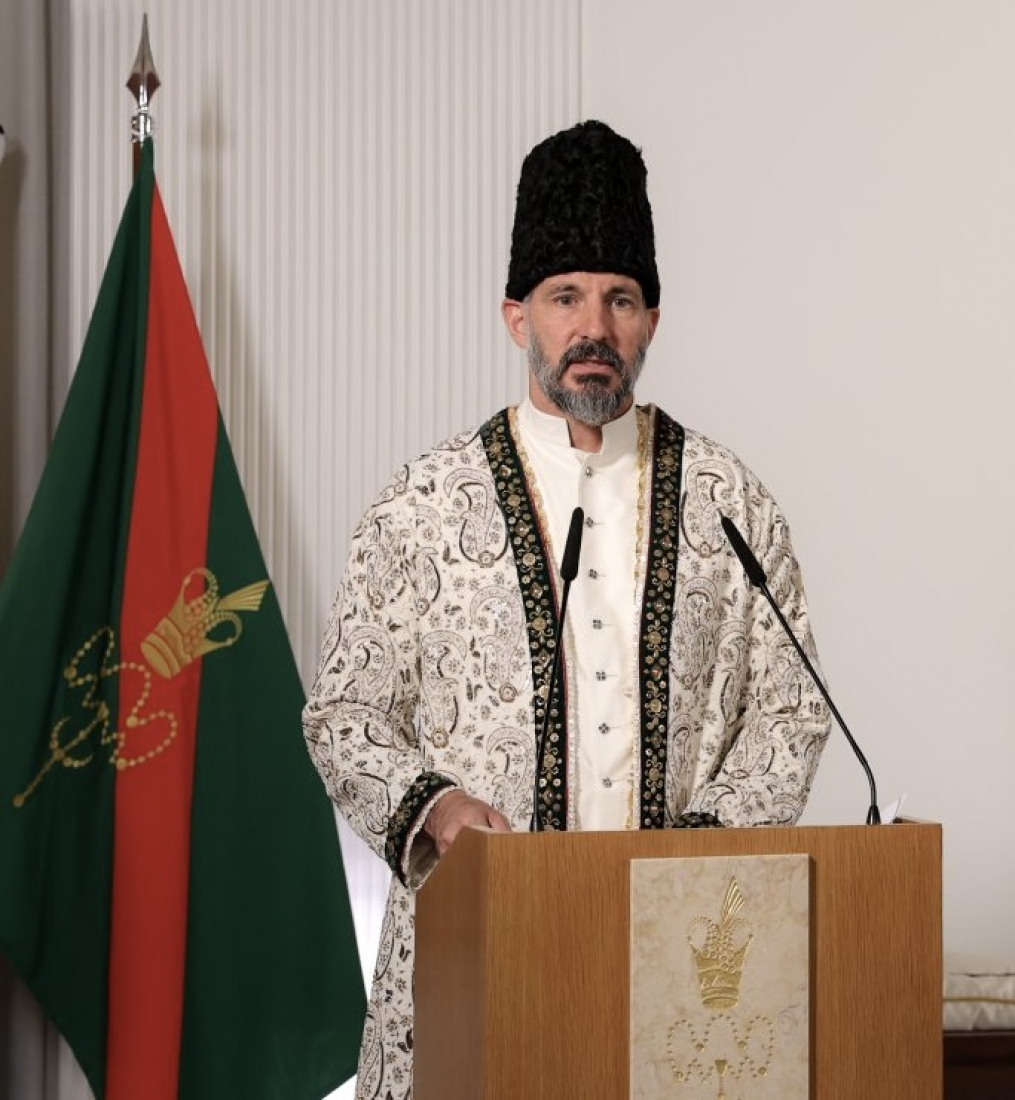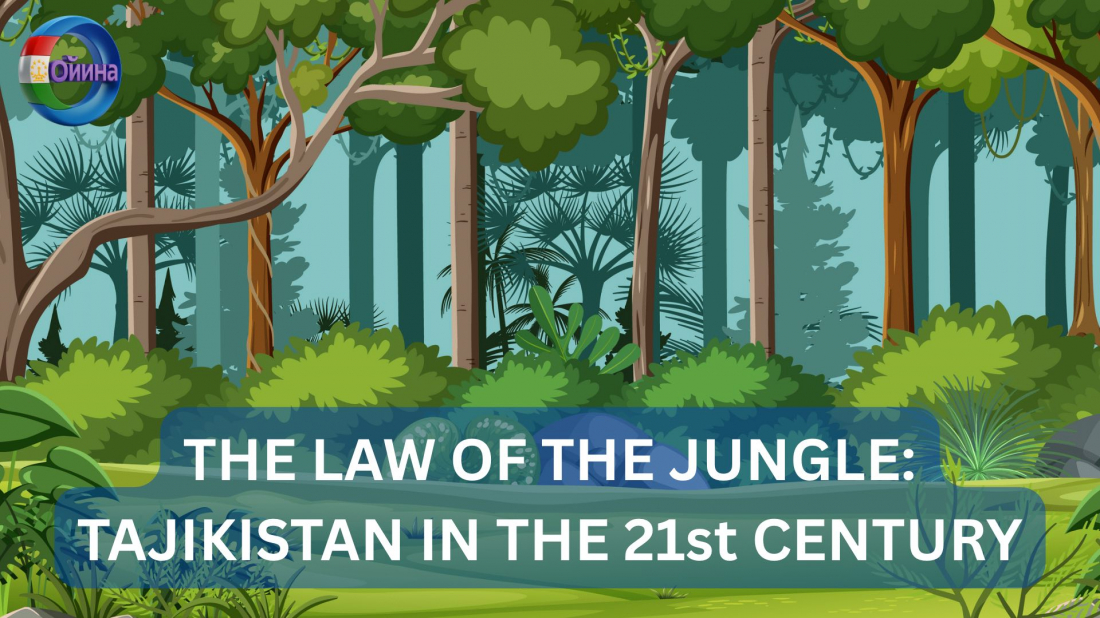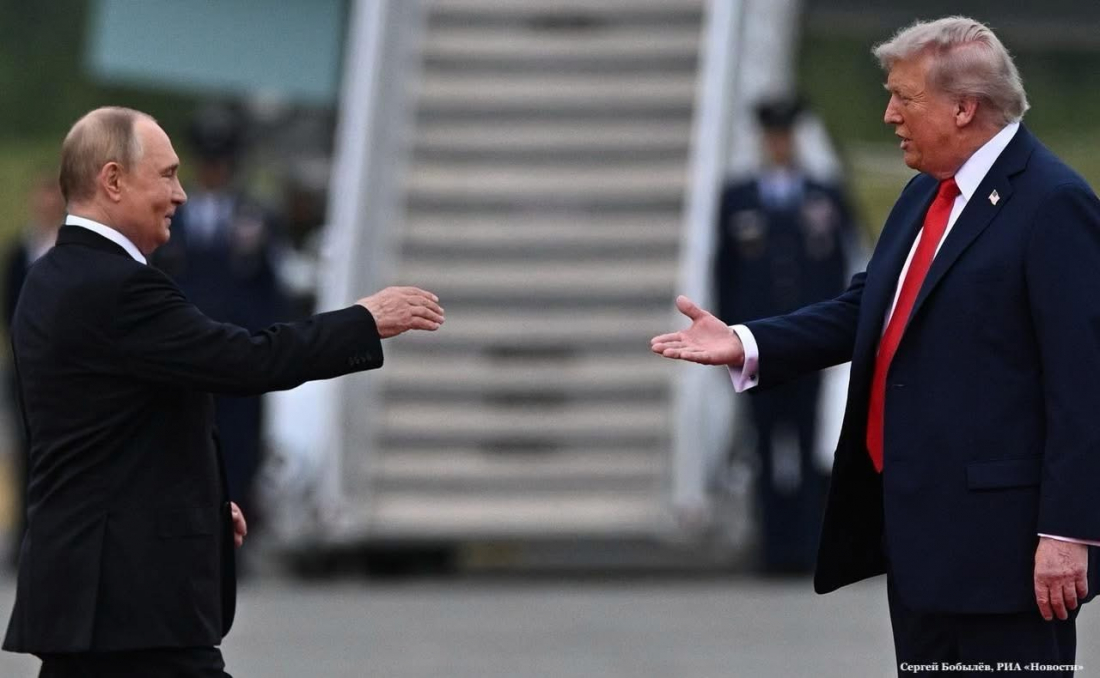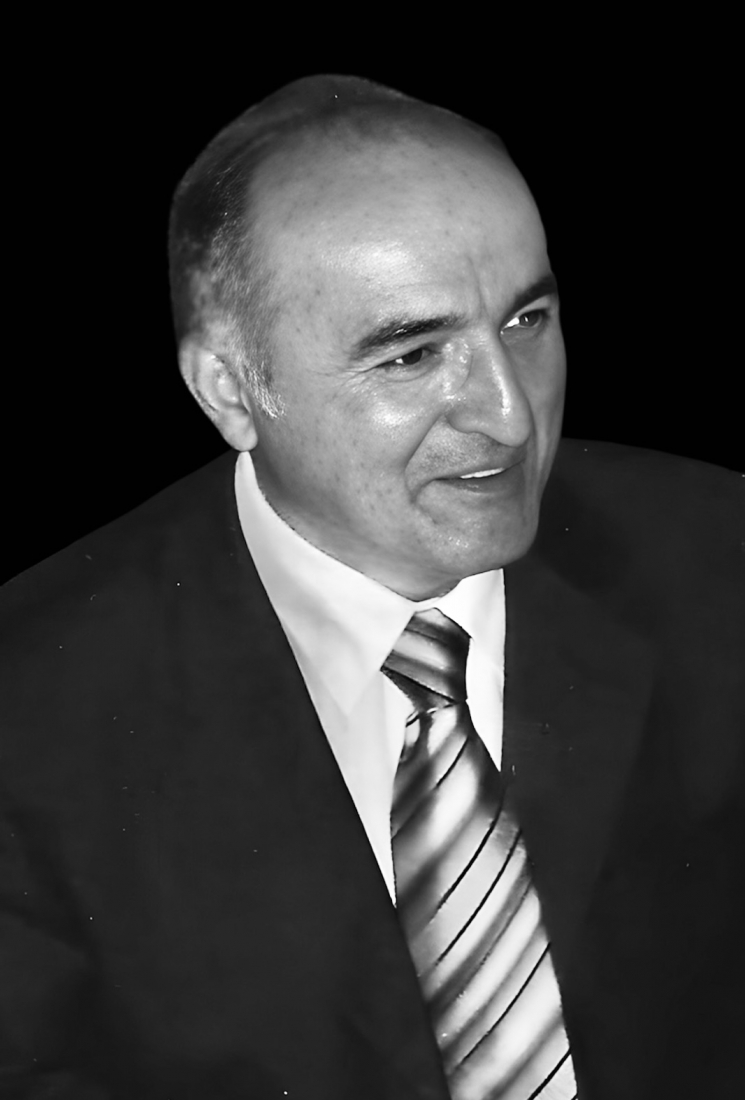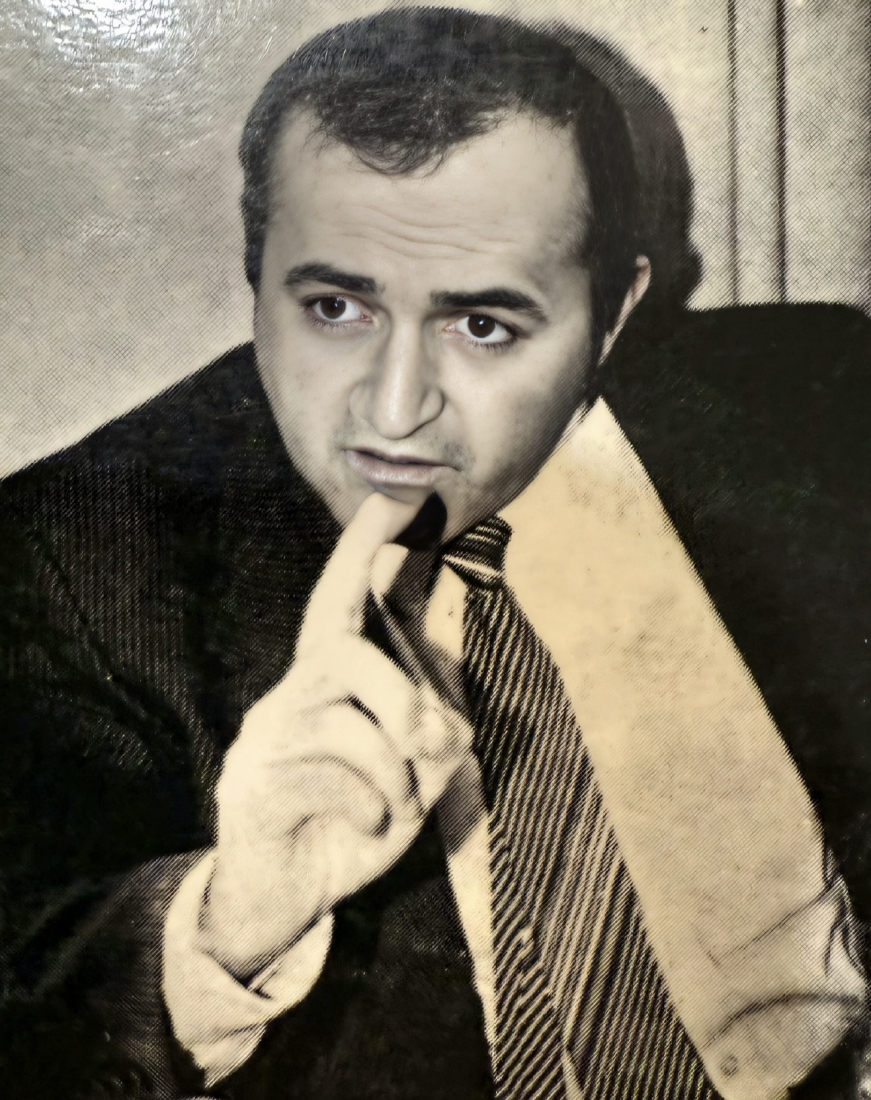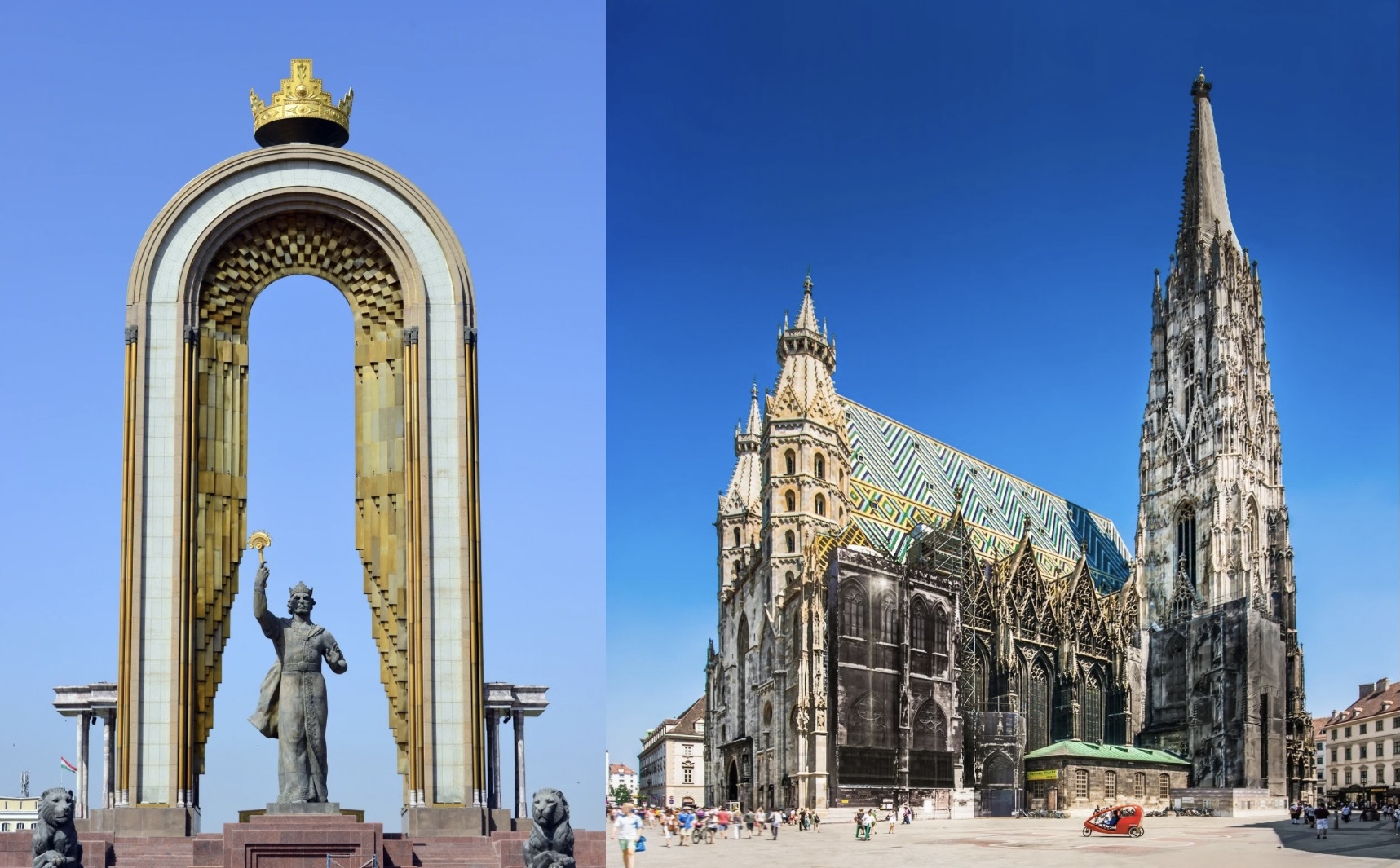
DUSHANBE AND VIENNA: BORROWING TECHNOLOGY OR EMBRACING GOOD GOVERNANCE?
(Inspired by the Asia-Plus discussion:
2025.04.25 Vienna
When we describe Vienna as “the world’s most livable city,” we must look beyond the city’s beautiful façades, digital innovations, or spotless streets. Vienna’s true success is rooted in something deeper: political maturity, a culture of responsibility, and genuine respect for the individual. If Dushanbe truly seeks to evolve, it should aspire not just to modernization, but to fairness and dignity.
Real development is not about statistics.
Technology can make life more convenient, but it cannot replace justice. A “smart city” without smart leadership becomes little more than a polished façade, hiding deep social divides. When citizens are afraid to speak, when courts are distrusted, and when healthcare is out of reach, talk of “progress” rings hollow.
Vienna’s respect for human dignity isn’t a trend — it’s the result of a society that has learned from history to reject authoritarianism. There, people understand that a better future cannot be built on fear, silence, or violence. In Austria, law enforcement agencies are prohibited from using torture — not as a remarkable achievement, but as a basic expectation of civilized governance.
This standard — where the human body and dignity are protected by law — must guide Dushanbe as well. Torture, even when framed as necessary for “national security” or “crime control,” shatters individuals and erodes the social fabric.
Vienna teaches an essential lesson: the strength of a government lies not in how much power it wields, but in how accountable it is to its people. A mayor elected by the citizens, not appointed from above, is more than a symbol of democracy — it is a foundation of trust. An independent judiciary is not a risk to stability but its strongest guarantee. When peaceful protests are treated not as threats but as conversations, society shows that it is healthy and alive.
Dushanbe must understand: leadership change is not a weakness — it is a sign of renewal. In places where criticism is silenced and dissent punished, institutions eventually decay — from the courts to the classrooms, from the streets to the minds of the next generation.
Vienna ensures no one is left behind — not the weak, the poor, or the sick. Free healthcare, support for the elderly, accessible education and affordable housing are not acts of charity, but expressions of collective responsibility. Humanism here is not just a slogan — it is everyday practice.
Dushanbe could embrace this approach, if it chooses to place human dignity above economic figures. Today, we see dignity eroding amid poverty, fear, and humiliation. When leadership becomes deaf to this pain, it loses its grip on reality.
Vienna protects its historic buildings as vital parts of its identity. Meanwhile, Dushanbe increasingly replaces its cultural memory with anonymous commercial developments. A city without memory is a city without a future.
Ultimately, Vienna’s greatest lesson for Dushanbe is this: politics should not be about control — it should be about service. This is what makes a city vibrant, just, and humane.
We can reject imitation. We can move beyond fear.
People do not need a “smart city” that masks oppression — they need a city where every individual feels not like a statistic, but like a citizen.
And perhaps one day, it won’t be Vienna setting the standard for us —we will set it for ourselves.




